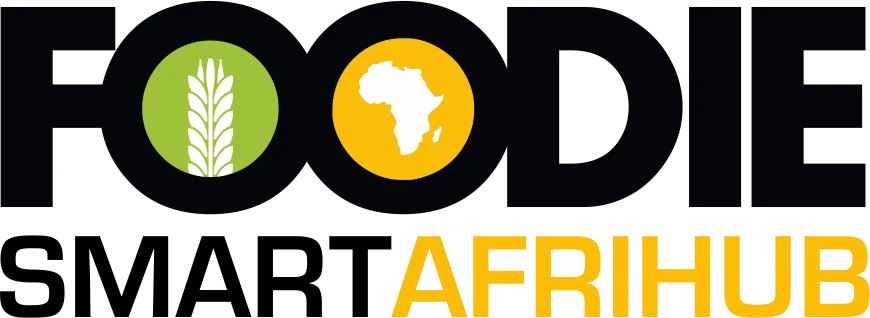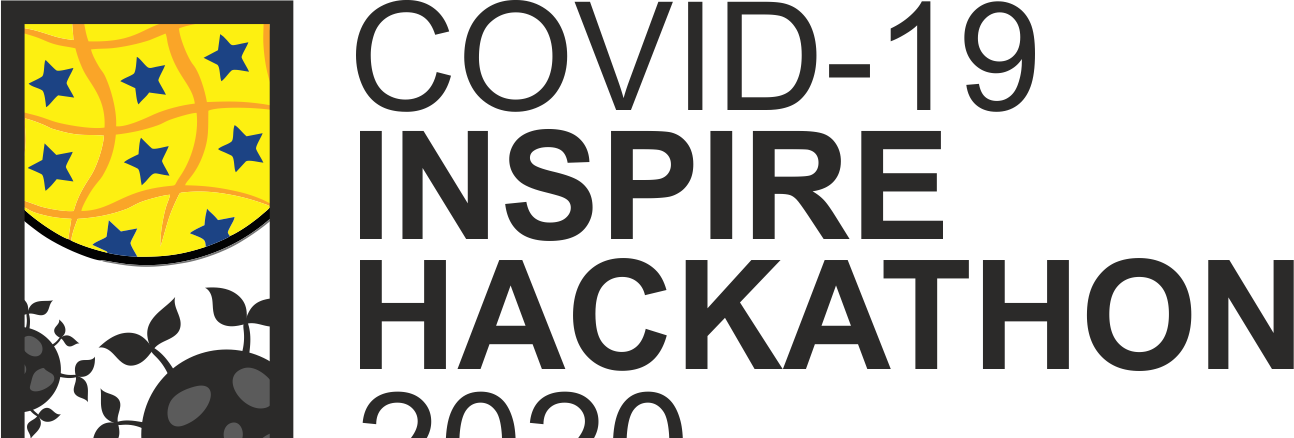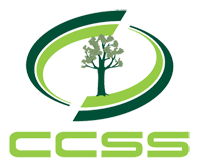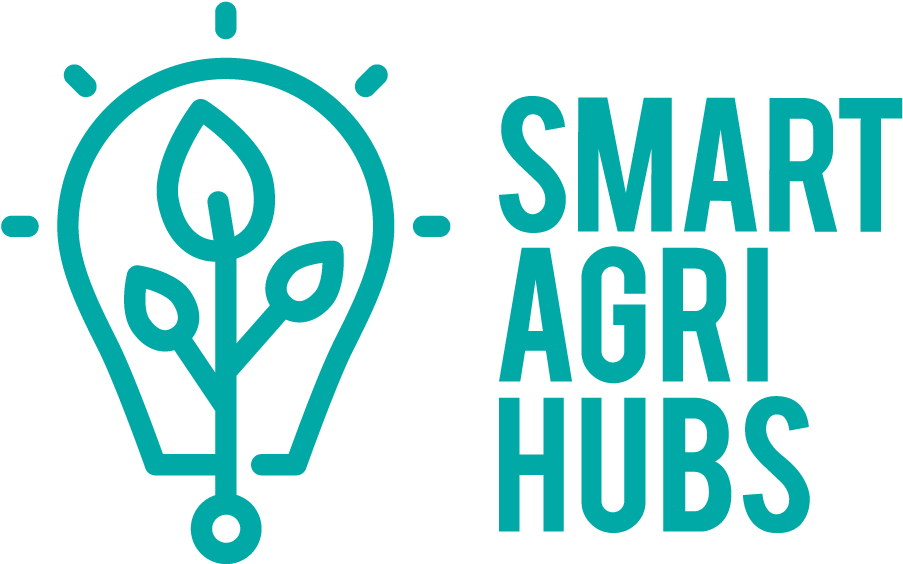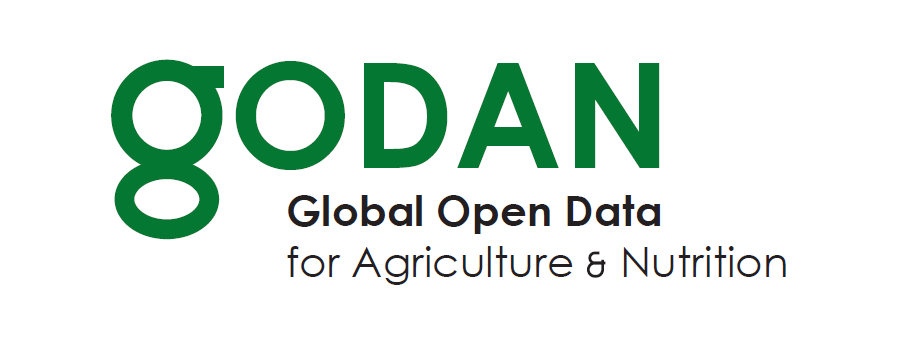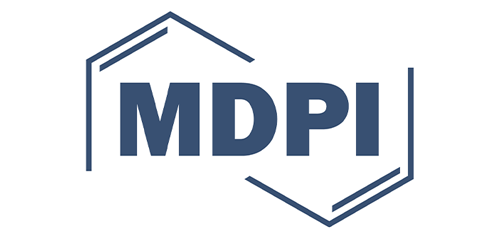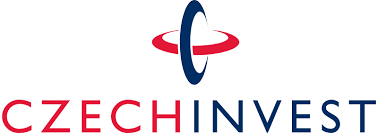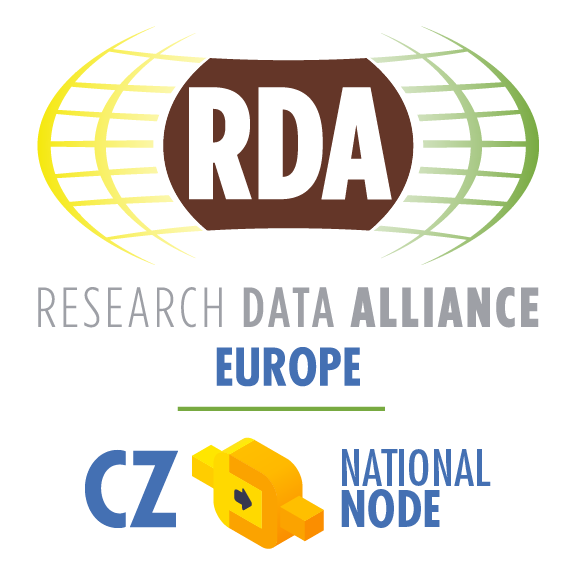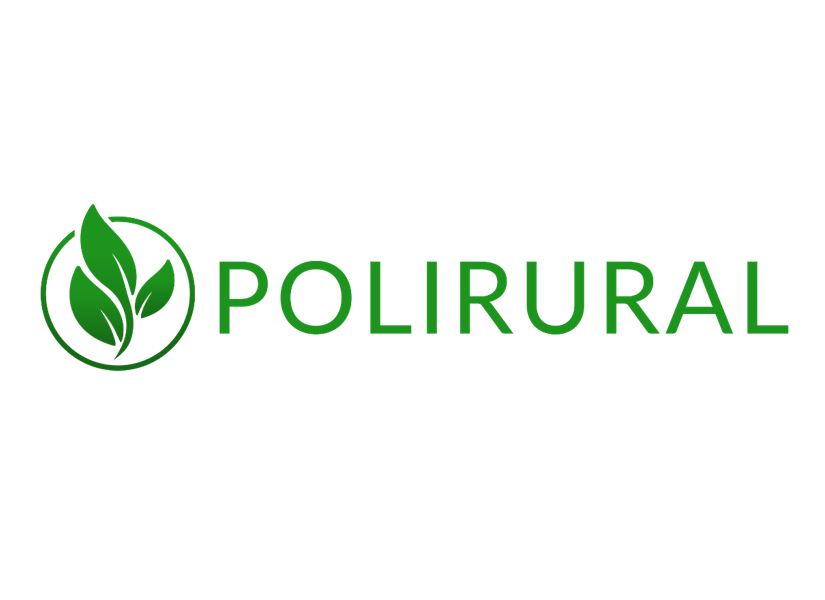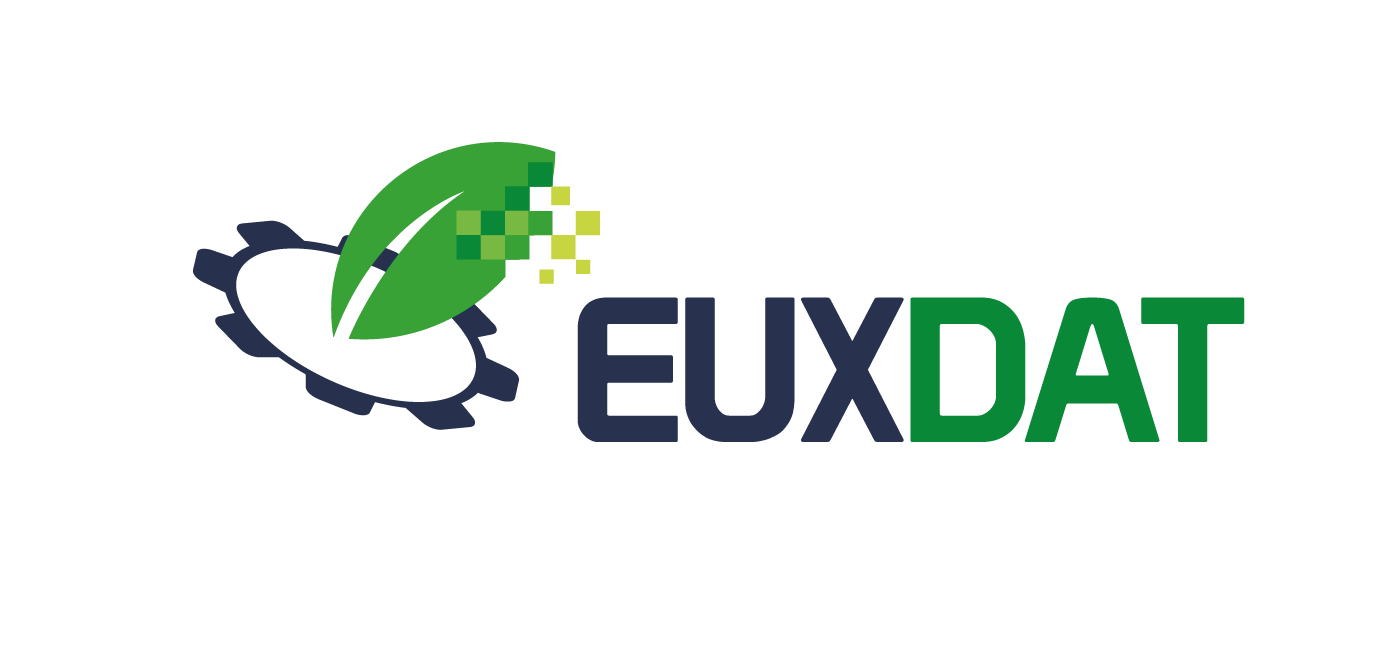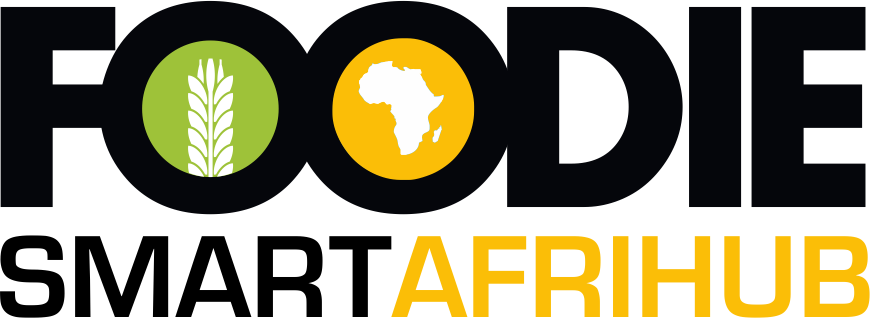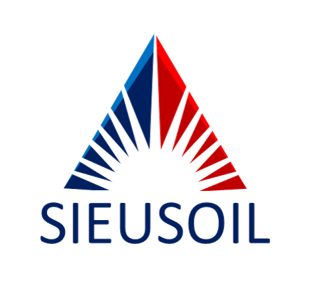
“A hackathon for balancing the imperatives of the present with the demands of the future.”
The COVID-19 INSPIRE Hackathon will be already the 17th hackathon organised by the Plan4All association in cooperation with CCSS and other H2020 projects including SmartAgriHubs. It will be based on the traditional model of the INSPIRE Hackathon, which is not a single event, it’s a process that is designed to efficiently exploit the achieved results of previous hackathons on developing new innovations.
COVID-19 INSPIRE Hackathon 2020 develops and shares agri-food economy solutions to balance the imperatives of the present with the demands of the future. In COVID-19 Hackathon we will address next topics:
- Facilitate access to data and services for an easier digital innovation in the agri-food sectors
- Educating individuals from other sectors for being able to support agri-food businesses in the crisis
- Forecasting of regional food supplies, deviations and/or shortages
- Mobilising agricultural workforce for harvesting
- Regional matching of offer and demand for fresh produce in decentralised settings
PARTICIPATION & REGISTRATION
There are two virtual phases of this hackathon. The first phase of the INSPIRE Hackathon 2020 starts with actual hacking. Several challenges and their mentors were defined and anyone can join the challenge (see below). Virtual meetings, webinars and other means of communication will be used to advance the defined challenges. The mentor of each challenge will be responsible for communicating with the team members that join this challenge.
For participation in this fully virtual hackathon (from now on until 31 October 2020)
All the teams that participate in the hackathon will be invited to present their project results during the final virtual event of the hacakthon which is a virtual workshop that will be organised in mid-November. The date is to be confirmed. The teams will be asked to prepare a presentation showing their hackathon project results.
CHALLENGES
| TEAM | PROJECT TITLE & DESCRIPTION | MENTOR |
|---|---|---|
| TEAM 1 | Best practices catalogue for EBAG (eco-, bio-, agro-, geo-) distance education The goal of the challenge is to provide data and tool supporting distance education focused on EBAG (eco-, bio-, agro-, geo-) domains. The activities concentrate on the development of a database of best practices. The second task is to find a proper way to provide the data to stakeholders. |
Otakar Cerba, Kristyna Cerbova |
| TEAM 2 | Atlas of Regional Specialities The challenge aims to eliminate the above-mentioned problem situations by supporting regional primary producers and primary food processors (farmers, fruit and vegetable growers, butchers, etc.), collecting information about their products and making this information and products available to end customers. |
Petr Horak, Kristyna Cerbova |
| TEAM 3 | Citizens Science Network for Peer to Peer Maps Sharing The challenge will demonstrate added value in terms of improved technology and skills among potential data users as well as the economic potential of reusing open data, validated through real-world trials. Participants will gain technical experience with open data, metadata, standards, online collaboration, content creation, spatial data, geomatics and thematic mapping. Furthermore,they will gain knowledge on natural and cultural heritage and receive training in how to think business and sustainable social innovation |
Pavel Hajek, Frantisek Zadrazil, Jan Vrobel |
| TEAM 4 | Rural Attractiveness Visualization The research of various methods of visualization of data on rural attractiveness in Europe is the primary goal of this challenge. Various methods of index calculation, clustering and Multiple-Criteria Decision Analysis for searching homogeneous groups of regions will be tested. |
Otakar Cerba, Sarah Velten, Pavel Kogut |
| TEAM 5 | WhiteBoard - Future Collaborative Maps Our intention is set out to build a concept that is to map-making what Google Docs is to word processing; a shared user interface that enables people to collaboratively build maps and edit spatial data where each is able to see the changes contributed by other users - as they are made. |
Karel Charvat, Raitis Berzins, Runar Stein |
| TEAM 6 | Atlas of the Best Practices - Polirural cases The Challenge will collect and publish practical examples from across Europe, with the overall goal of reducing negative spill-over effects of the epidemic on everyday life in the rural regions. The individual examples will be published on the Atlas of the Best Practices, which is a platform developed by the Enabling project (https://www.enabling-project.com/) and is implemented into the PoliRural innovation hub (https://hub.polirural.eu/best-practises) to showcase success stories of rural new entrants. |
Petr Horak, Pavel Kogut |
| TEAM 7 | Developing a blockchain technology to enhance tracking and tracing of food items throughout the value chain to ensure food security in Africa African food value chain is characterized by several challenges like traders exploiting the poor farmers who are information deficient, especially on prevailing market conditions and prices, post production losses, poor quality of farm produce etc. The lack of transparency and trust between the producer and consumer further impoverished the farming system which is made up of smaller holder farmers in Africa. This challenge therefore intends to develop a technology (Blockchain) that will resolve the above mentioned problems, trace a food package from farm to consumers with unique identity for each food package while ensuring that farmers are protected and receive better prices for their goods. |
Akaninyene Obot |
| TEAM 8 | Digitalization of indigenous knowledge in African agriculture for fostering food security The traditional knowledge of African agriculture has been used efficiently during many decades and until today somewhat in several areas of Africa for feeding African population. The indigenous knowledge in African agriculture is known to be resilient to many hazards nevertheless the traditional knowledge in agriculture is shrinking as well as the indigenous languages which were the transmission based of any indigenous knowledge in Africa as well as in the rest of the world. |
Antoine Kantiza, Tuula Löytty |
| TEAM 9 | Production and Agri Logistics chain Cyber Assurance solutions Agri industry Supply chain security enhancement has been identified as a key differentiator to enable digital optimisation and data hygiene. The goal of the challenge is to develop Cyber Solutions to protect against Agri Logistics chain disruption. |
Clodagh Durkan |
| TEAM 10 | Sustainable solution to chronic diseases like diabetes through organic farming Participants have to ideate a solution that solves the diabetes crisis in countries like Qatar. Solutions which do not have side effects like conventional medicine and also are conducive to the green sustainability campaign of Qatar. |
Mohammed Nayeem |
| TEAM 11 | Earth Observation for monitoring of regional food supplies deviations The aim of this challenge is to combine yield maps describing long time yield trends (yield production zones), Land Parcel Information Systems (LPIS) with the seasonal inputs (soil moisture, drought, vegetation etc.).It will detect situations, when climatic conditions will have influence on yield productivity during season). The results of such a data combination could be a valuable input for insurance companies or traders, but could be also valuable for farmers and policymakers . |
Jiri Kvapil, Ivo Denemark, Herman Snevajs |
| TEAM 12 | Atlas of Social Enterprises Social enterprise and business with higher societal impact is the future of our society and economy. From building awareness about social enterprises and social farms, about their production, potential, social value through social markets and mapping services for volunteers and SEs matching or their action identification such as Social Harvesting Days events, the technology can help SEs to build a sustainable future together with data based policy making support. Rising awareness, potential of social production and social help in relevant distances through technology/data driven environments can change the societal value of business esp. with the focus on SEs and SFs future. |
Radoslav Delina |
| TEAM 13 | Calculation of agro-climatic factors - potential source of information for forecasting regional food supplies The aim of this challenge is to combine yield maps describing long time yield trends (yield production zones), Land Parcel Information Systems (LPIS) with the seasonal inputs (soil moisture, drought, vegetation etc.).It will detect situations, when climatic conditions will have influence on yield productivity during season). The results of such a data combination could be a valuable input for insurance companies or traders, but could be also valuable for farmers and policymakers . |
Karel Jedlicka, Michal Kepka |
More details on each challenge can be found here.
CAPACITY BUILDING
An important component of the INSPIRE hackathon concept is the capacity building activities. It is provided in webinars organized by each of the challenges. In addition to a short introduction to the INSPIRE hackathon concept and the specific challenge, experts are invited to speak about topics covered within the challenge. This way transfer of knowledge (often across disciplines) go side by side with efficient management of the challenge work. The webinars will be announced within a couple of weeks after the hackathon is kicked-off.
TIMELINE
- September 2020 – start of the hackathon, registration opens
- 20th September – 20 October 2020 a series of webinars introducing the teams and their progress. There are educational elements in these webinars.
- 7th November 2020 – final reports on results needs to be delivered to hana.kubickova@plan4all.eu
- TBD – final virtual presentation of the hackathon results
The COVID-19 INSPIRE Hackathon 2020 is supported by the following organisations and projects:
Plan4all (https://www.plan4all.eu/) – Plan4all is a non-profit association sustaining and further enhancing the results of multiple research and innovation projects. It aggregates large open datasets related to planning activities in different specialisms areas transport, spatial and city planning, environment and tourism. Plan4all makes sure that open data are easily accessible for reuse, data are maintained and their quality is improved.
CCSS (http://www.ccss.cz/en/) is a research association established by legal entities, which support research cooperation among Universities, public and private sectors. Activities of CCSS are oriented in a wide range of thematic areas implemented in International and European research projects related to environment, agriculture, planning, GI, ICT development, real estate and planning. Activities also extend to the field of information technology, spatial planning, advisory, education, sustainable development and the development of applications in the field of planning, smart cities, forestry, agriculture, agro-tourism, and farming.
SmartAgriHubs(https://smartagrihubs.eu/) The project aims to realise the digitisation of European agriculture by fostering an agricultural innovation ecosystem dedicated to excellence, sustainability and success. To this end, SmartAgriHubs employs a multi-stakeholder approach and covers a broad value-chain network across all EU member states. The consortium includes a diverse network of start-ups, SMEs, business and service providers, technology experts and end-users. The end-users form the core of the project and are the driving force behind digital transformation. The development and adoption of digital solutions is achieved by a tight ecosystem of 140 Digital Innovation Hubs embedded within 9 Regional Clusters, which are led by organisations that are closely involved in regional digitisation initiatives and funds.
The GODAN (https://www.godan.info/) initiative was announced at the Open Government Partnership Conference in October 2013 following 2012 G8 discussions, where the attending leaders committed to the New Alliance for Food Security and Nutrition – a shared commitment to achieving global food security.
MDPI (https://www.mdpi.com/) A pioneer in scholarly open access publishing, MDPI has supported academic communities since 1996. Based in Basel, Switzerland, MDPI has the mission to foster open scientific exchange in all forms, across all disciplines. Their 261 diverse, peer-reviewed, open access journals are supported by over 35,500 academic editors. MDPI server scholars from around the world to ensure the latest research is freely available and all content is distributed under a Creative Commons Attribution License (CC BY).
Commission on Maps and the Internet (https://internet.icaci.org/) The Maps and the Internet Commission promotes cartographic research and development in order to solve scientific and applied problems related to web-based cartography. The Commission’s purpose is to enhance cartographic education related to the Internet. In addition, the Commission promotes professional and technical standards for maps available through the Internet.
CzechInvest (http://www.czechinvest.org/en/) CzechInvest plays a key role in the area of supporting business and investments in its comprehensive form. The agency’s unique combination of regional, central and international operations ensures the integrity of services and the ability to connect global trends with regional conditions in the Czech Republic. One of CzechInvest’s main objectives is transformation of the Czech Republic into an innovation leader of Europe. Established in 1992, CzechInvest is a state contributory organisation subordinate to the Ministry of Industry and Trade of the Czech Republic.
RDA-CZ Node (https://www.rd-alliance.org/groups/rda-czech-republic) – National Node Services and Activities in support of the “RDA Europe 4.0” Project. The objective of RDA Europe 4.0 is to become the centrepiece for an EU Open Science Strategy through a consolidated European network of National Nodes, bringing forward an RDA legacy in Europe, providing skilled, voluntary resources from the EU investment to address DSM issues, also through an open cascading grant process. The ambitious 27-month project comprises 5 Partners and a number of Third Parties (the National Nodes) all of which are domain skilled, complementary institutions and organisations that have been drivers of RDA in Europe since its launch in 2013.
EO4Agri (http://eo4agri.eu/) – The main objective of EO4AGRI is to catalyze the evolution of the European capacity for improving operational agriculture monitoring from local to global levels based on information derived from Copernicus satellite observation data and through exploitation of associated geospatial and socio-economic information services. EO4AGRI assists the implementation of the EU Common Agricultural Policy (CAP) with special attention to the CAP2020 reform, to requirements of Paying Agencies, and for the Integrated Administration and Control System (IACS) processes. EO4AGRI works with farmers, farmer associations and agro-food industry on specifications of data-driven farming services with focus on increasing the utilization of EC investments into Copernicus Data and Information Services (DIAS). EO4AGRI addresses global food security challenges coordinated within the G20 Global Agricultural Monitoring initiative (GEOGLAM) capitalizing on Copernicus Open Data as input to the Famine Early Warning System Network (FEW-NET). EO4AGRI assesses information about land-use and agricultural service needs and offers to financial investors and insurances and the potential added value of fueling those services with Copernicus information. The EO4AGRI team consists of 11 organizations, complementary in their roles and expertise, covering a good part of the value-chain with a significant relevant networking capital as documented in numerous project affiliations and the formal support declarations collected for EO4AGRI. All partners show large records of activities either in Copernicus RTD, governmental functions, or downstream service operations. The Coordinator of EO4AGRI is a major industrial player with proven capacities to lead H2020 projects. The EO4AGRI project methodology is a combination of community building; service gap analysis; technology watch; strategic research agenda design and policy recommendations; dissemination (incl. organization of hackathons).
LIVERUR (https://liverur.eu/) The LIVERUR project identifies Living Labs as innovative business models that are currently being developed in rural areas, and will conduct socio-economic analyzes to identify, describe and compare the differences between the new approach of Living Lab and more entrepreneurial traditional approaches (mass production, development of prices, optimizing cost structures with companies, rationalization).
PoliRural (https://polirural.eu/) – PoliRural will provide this knowledge by combining several key activities needed to design effective place-based, human-centric and forward-looking rural policies. These include actionable research that takes place within an inclusive learning environment where rural populations, researchers and policymakers come together to address common problems; an evaluation exercise that uses text mining to assess the perceived effectiveness of past or planned policy interventions; and a foresight study that tries to glean the development trajectory of agriculture and its allied sectors until 2040 using several scenarios in which the evolution of rural populations occupies a central place.
EUXDAT – (http://www.euxdat.eu) proposes an e-Infrastructure, which addresses agriculture, land monitoring and energy efficiency for a sustainable development, as a way to support planning policies. In order to do so, we need to address the problems related to the current and future huge amount of heterogeneous data to be managed and processed. EUXDAT builds on existing mature components for solving them, by providing an advanced frontend, where users will develop applications on top of an infrastructure based on HPC and Cloud. The frontend provides monitoring information, visualization, different parallelized data analytic tools and enhanced data and processes catalogues, enabling Large Data Analytics-as-a-Service. EUXDAT will include a large set of data connectors (UAVs, Copernicus, field sensors, etc.), for scalable analytics. As for the brokering infrastructure, EUXDAT aims at optimizing data and resources usage. In addition to a mechanism for supporting data management linked to data quality evaluation, EUXDAT proposes a way to orchestrate tasks execution, identifying whether the best target is a HPC center or a Cloud provider. It will use monitoring and profiling information for taking decisions based on trade-offs related to cost, data constraints, efficiency and resources availability. During the project, EUXDAT will be in contact with scientific communities, in order to identify new trends and datasets, for guiding the evolution of the e-Infrastructure. The final result of the project will be and integrated e-Infrastructure which will encourage end users to create new applications for sustainable development.
SmartAfriHub (https://www.smartafrihub.com/pt/home) The purpose is to design, develop and introduce a Smart Agriculture Innovative Hub – SMARTAFRIHUB. The platform will be used to connect people to the information. Firstly with integrating principles of social media like Blog, Forum, design Science Shop, which will be able to connect users with developers and researchers. And secondly by integrating different types of demo applications, where farmers, developers and researchers will have chance to cooperate, test different API for new solutions and also provide common experiments.
SIEUSOIL https://www.sieusoil.eu/ aims to develop sustainable and holistic soil management practices based on a harmonised land information system suitable for diverse climate and operation conditions along different EU and China locations.
AFarCloud http://www.afarcloud.eu/ – Farming is facing many economic challenges in terms of productivity and cost-effectiveness, as well as an increasing labour shortage partly due to depopulation of rural areas. Reliable detection, accurate identification and proper quantification of pathogens affecting both plant and animal health, must be kept under control to reduce unnecessary costs, trade disruptions and even human health risks.
